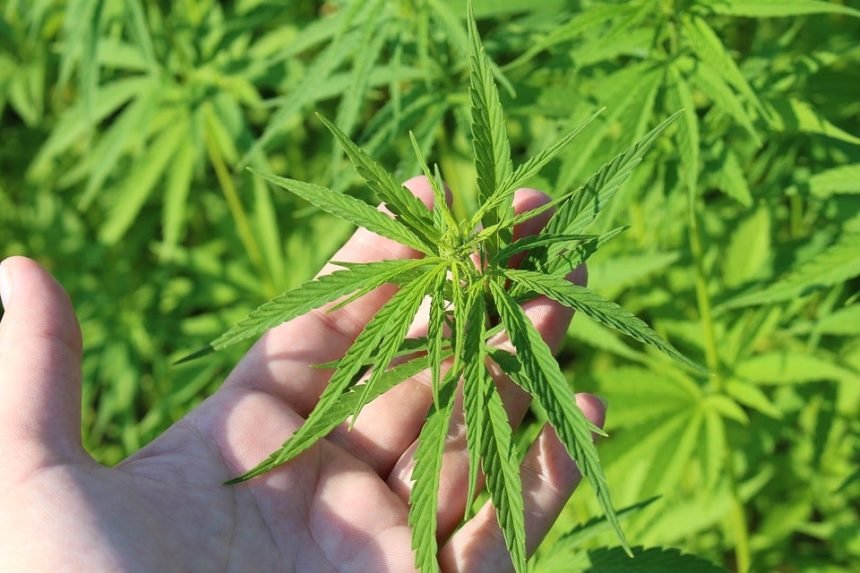Under a new measure passed by the legislature in June, the potency of cannabis products that can be legally sold in the state has been raised.
Connecticut’s cannabis industry is operating under new laws in Connecticut as of Oct. 1.
Under a new measure passed by the legislature in June, the potency of cannabis products that can be legally sold in the state has been raised.
Cannabis flower may contain up to 35% THC, up from 30%, while all other cannabis products, excluding vapes, may contain 70%, up from 60%.
The change is aimed at stimulating more sales in the industry, which operates under more restrictive rules than neighboring states like Massachusetts and New York.
“That is a welcome change, but not sure it’s going to move the needle all that much” said Sarah Westby, an attorney at Shipman and Goodwin
She says the 70% threshold on concentrates is still low relative to neighboring states, but there is a recognition that Connecticut wants to make changes incrementally to safeguard users. She expects there to be pressure to increase potency limits again in future legislative sessions.
The Department of Consumer Protection, which regulates cannabis in Connecticut, is making changes to its enforcement mechanisms. The department’s cannabis control division has been separated out from its drug control division.
It will also participate in a statewide cannabis and hemp enforcement policy board, along with other state agencies, to create new best practice standards for enforcement.
The fines for unlawful sales or other infractions have been raised to $10,000.
The hemp industry had pushed for bigger changes in the way that it is regulated in the most recent legislative session, but those concerns largely went unaddressed. Growers have filed a lawsuit against the state over the continuing restrictions on hemp products.
“The hemp growers that I’ve spoken with continue to be disappointed with the state of hemp regulation,” Westby said. “There’s very little they can do to create a viable business.”
One change that has been welcomed by manufacturers was a loosening of restrictions on hemp-infused beverages. Lawmakers passed a safe-harbor provision that allows the manufacture of beverages with more than 3 milligrams of THC per container to be shipped outside of the state. That level remains illegal for sale in Connecticut, but can be made here to be sold elsewhere.
Companies that transport cannabis products also saw a major concession from the legislature, allowing them to store and handle products for up to 30 days — the previous limit was 24 hours. Those companies must apply for an endorsement for the change, which comes with a $5,000 fee.
The new law also allows for hybrid medical and recreational dispensaries to offer telehealth consultations with licensed pharmacists, instead of requiring the retailers to have a pharmacist physically on-site.
Westby expects there to be pressure next session for further changes to Connecticut’s restrictive marketing and packaging rules — something that was not addressed this year.











